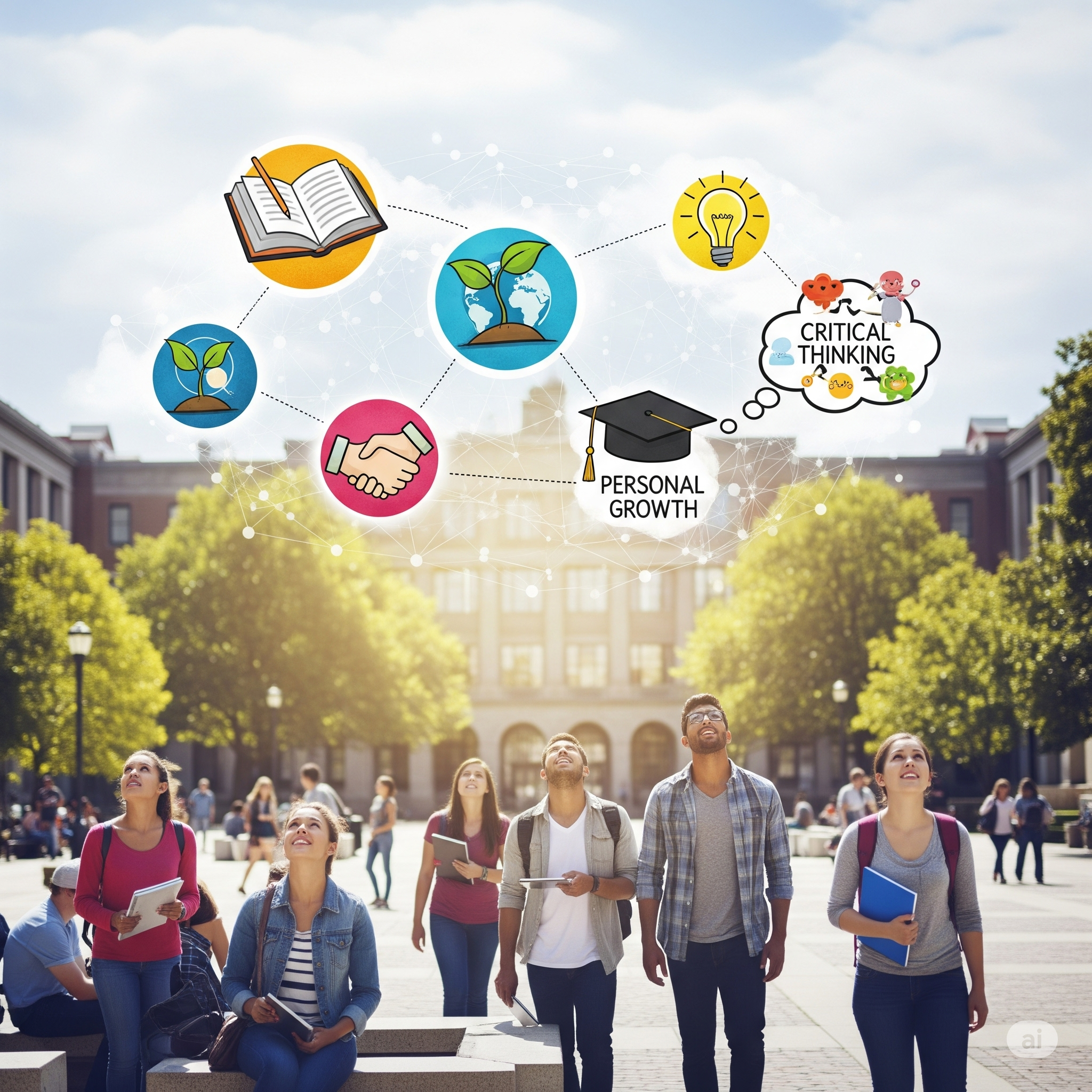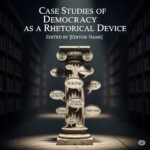
Helping Students See the Value in Education Beyond Job Offers
Transforming Learning into a Journey of Discovery and Personal Growth
New Delhi, 2025 — In a country like India, where education is often perceived as a ticket to employment, students frequently equate their academic success with the promise of a job offer. However, experts argue that this narrow focus on career outcomes can undermine the broader benefits of education. Schools, policymakers, and parents are now working to shift this mindset, emphasizing that the true value of education lies in fostering knowledge, critical thinking, and personal development.
1. The Prevailing Job-Centric Mindset
Employment-First Approach
- A 2019 NSSO survey found that 87% of Indian households prioritize education primarily as a means to secure employment. This belief has led to a culture of rote learning and exam-centric education, often at the expense of creativity and critical thinking.
- A UNESCO 2021 Education Report highlights that this job-focused approach limits students’ ability to think beyond grades and placements, reducing education to a transactional process rather than a transformative one.
Stress and Burnout
- The relentless pressure to excel academically for job security has taken a toll on students’ mental health. According to NIMHANS, nearly 30% of Indian students experience anxiety related to academic performance, driven by parental and societal expectations.
2. The Bigger Picture: Education as a Lifelong Asset
Building Critical Skills
- Education equips students with problem-solving abilities, adaptability, and emotional intelligence—skills that extend far beyond the workplace.
- The World Economic Forum (WEF) emphasizes that soft skills like creativity and collaboration are increasingly valued in the global job market, where automation and AI are reshaping industries.
Fostering Curiosity and Innovation
- Schools that focus on learning rather than merely preparing students for exams help cultivate curiosity and innovation. This is evident in programs like project-based learning, which allows students to apply theoretical knowledge to real-world challenges.
Promoting Emotional and Social Growth
- Education also nurtures empathy, resilience, and ethical reasoning. According to a study by the Azim Premji Foundation, classrooms that incorporate discussions on societal and ethical issues see improved student engagement and moral development.
3. Real-World Initiatives to Broaden Perspectives
Reforms in Indian Education
- The National Education Policy (NEP) 2020 is a landmark step toward reducing rote learning and fostering conceptual understanding. By emphasizing multidisciplinary education and experiential learning, the NEP aims to prepare students for life, not just jobs.
- Programs like Diksha, a government initiative, focus on teacher training to encourage holistic learning approaches in classrooms.
Examples from Schools
- Schools like The Riverside School Ahmedabad and Delhi Public School have adopted project-based learning models that encourage students to solve real-world problems, fostering innovation and critical thinking.
- Institutions such as Shiv Nadar School have integrated life skills and social-emotional learning (SEL) into their curriculum, teaching students how to navigate challenges beyond academics.
4. Changing Parental and Societal Mindsets
Encouraging Broader Goals
- Parents play a crucial role in reshaping how students perceive education. Instead of asking, “What marks did you get?” parents can ask, “What did you learn today?”
- Community Engagement: Workshops and seminars organized by schools can help parents understand the importance of holistic education and reduce the pressure they place on students.
Celebrating Diverse Success Stories
- Highlighting examples of individuals who have pursued unconventional paths, like entrepreneurs or artists, can help students and parents see that success isn’t limited to traditional career trajectories.
5. The Benefits of a Broader Perspective on Education
Future-Ready Graduates
- Viewing education as a tool for knowledge and growth rather than job preparation equips students to adapt to the ever-changing job market. According to the WEF, 65% of today’s students will work in jobs that don’t yet exist, requiring them to be flexible and innovative.
Personal Fulfillment
- Students who value learning for its own sake often report greater satisfaction and well-being. The OECD Education at a Glance 2021 Report found that countries prioritizing holistic education see higher levels of happiness and fulfillment among their youth.
Societal Impact
- A well-rounded education fosters civic engagement, ethical leadership, and social responsibility, contributing to a more informed and empathetic society.
6. Conclusion: A Call for Change
Helping students see the value in education beyond job offers is not just an aspirational goal; it’s a necessity in today’s dynamic world. By emphasizing lifelong learning, critical skills, and personal growth, schools, parents, and policymakers can redefine success for India’s youth. This shift will empower students to navigate life’s challenges with confidence, creativity, and resilience, ensuring that education remains a journey of discovery and transformation rather than a mere stepping stone to employment.
As the UNESCO 2021 Report aptly states, “Education is not about preparing for life—it is life itself.” It’s time for India to embrace this broader vision and unlock the full potential of its young minds.




